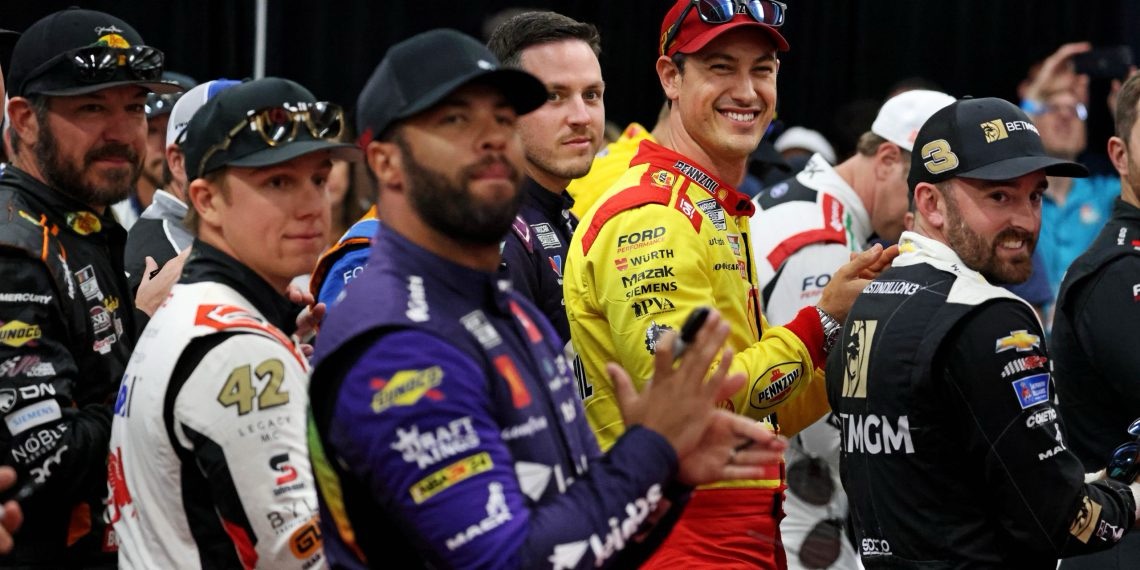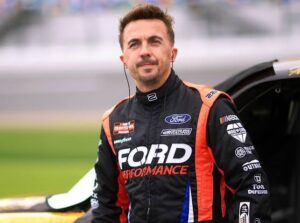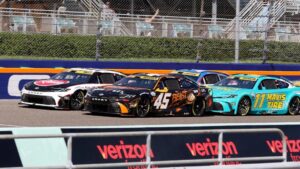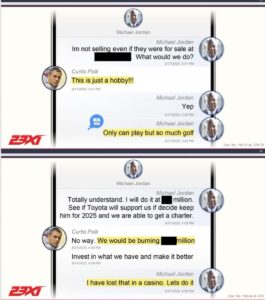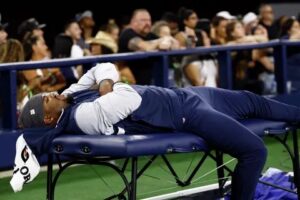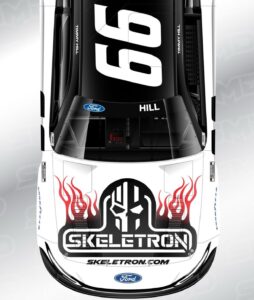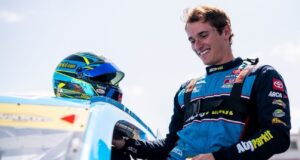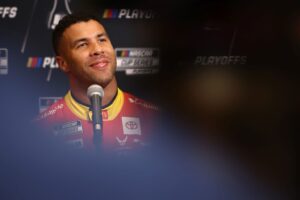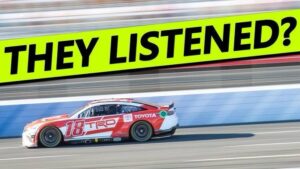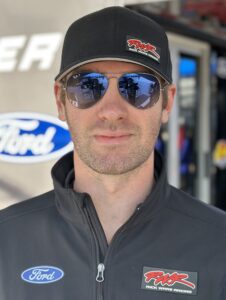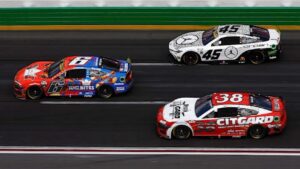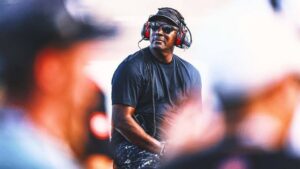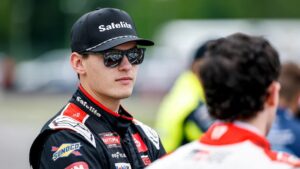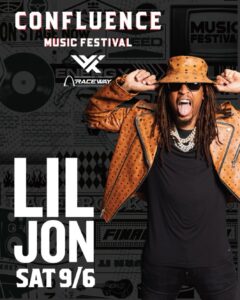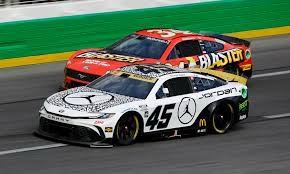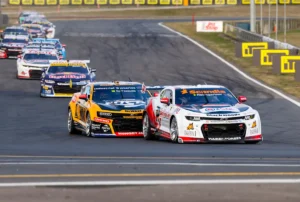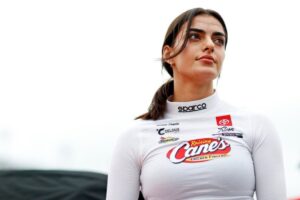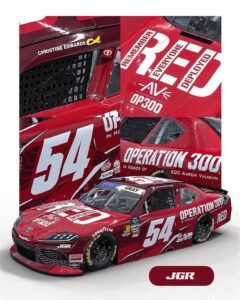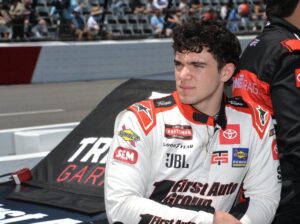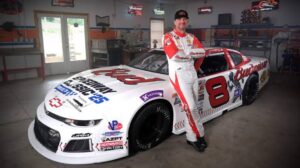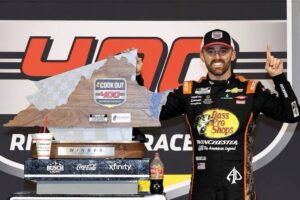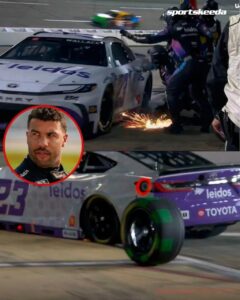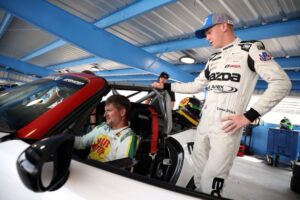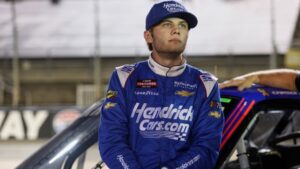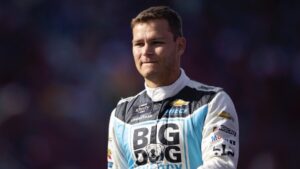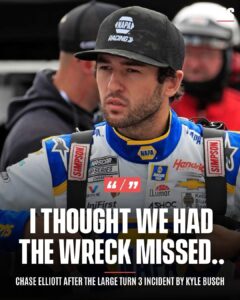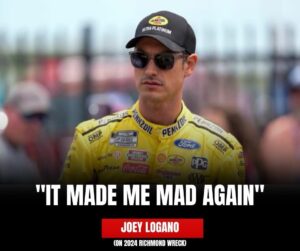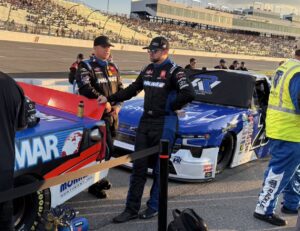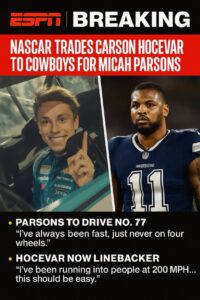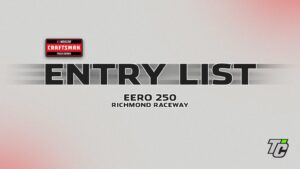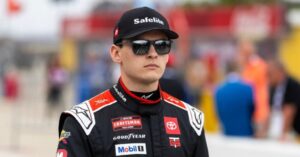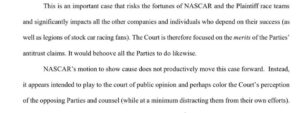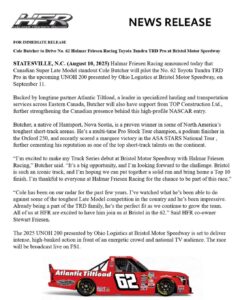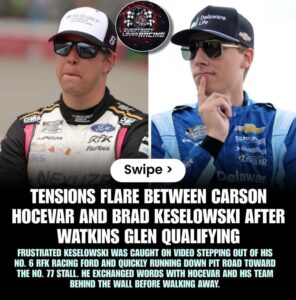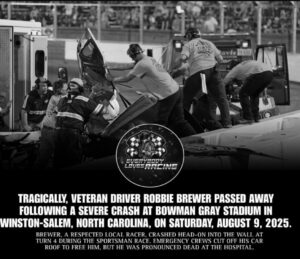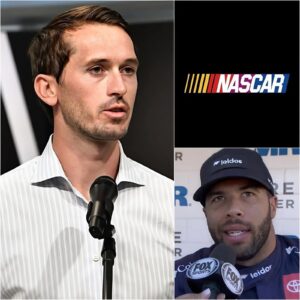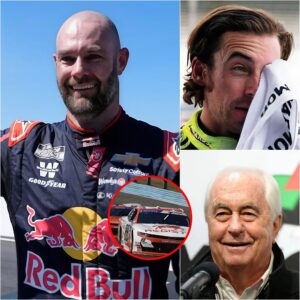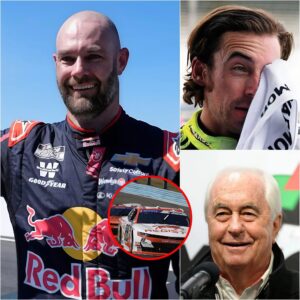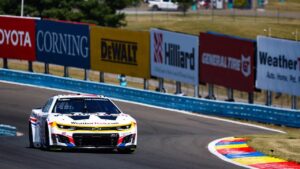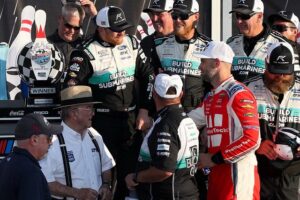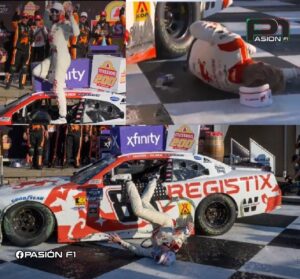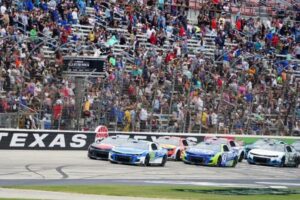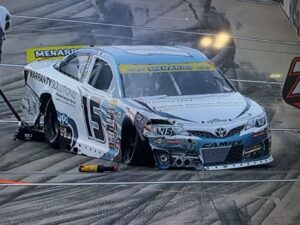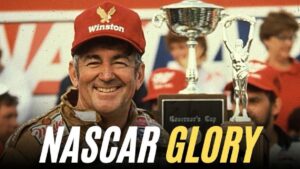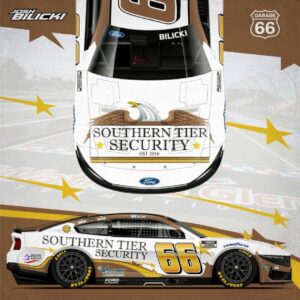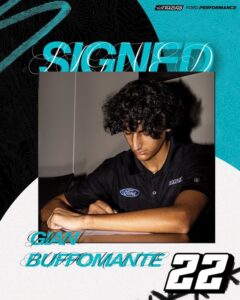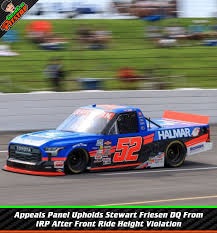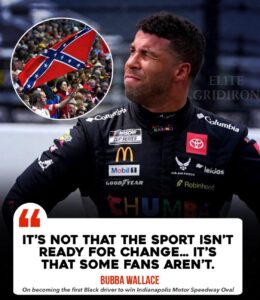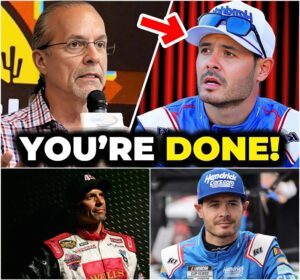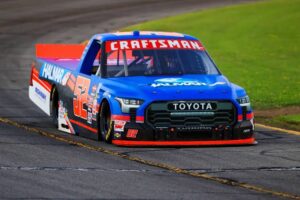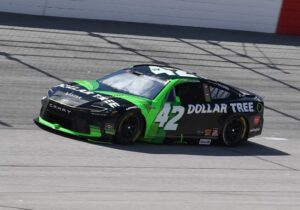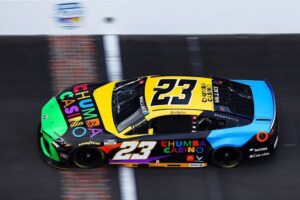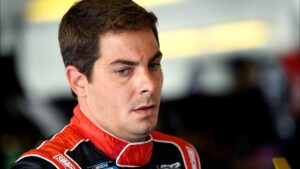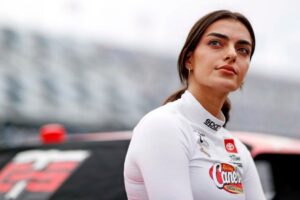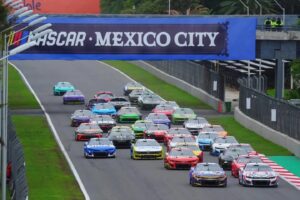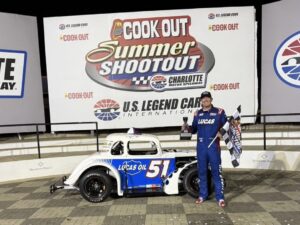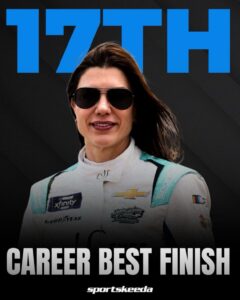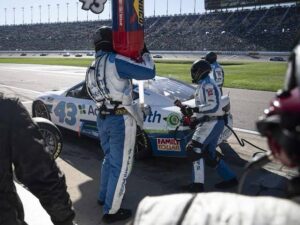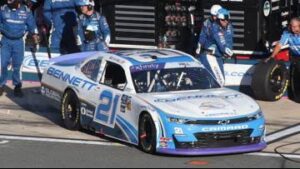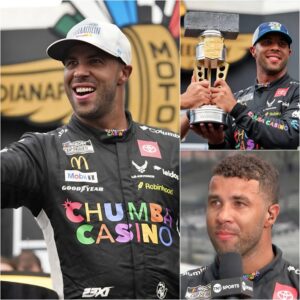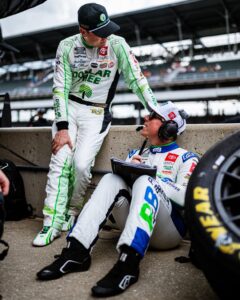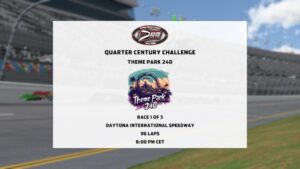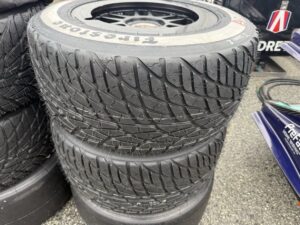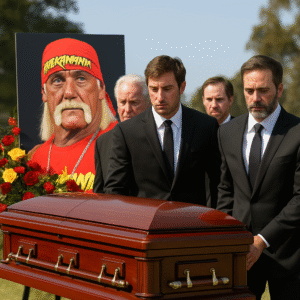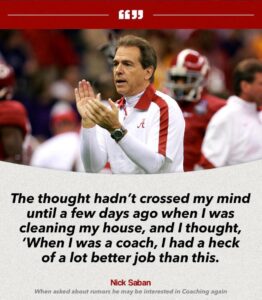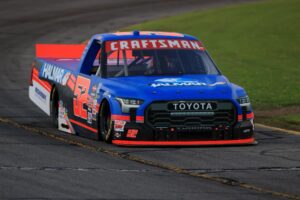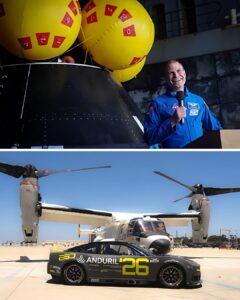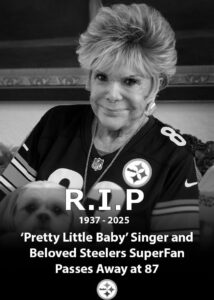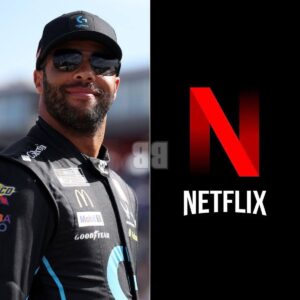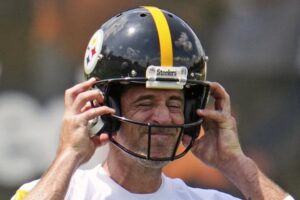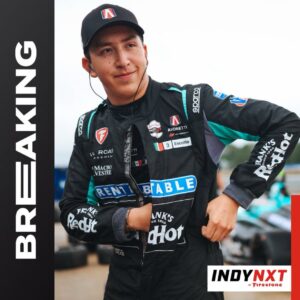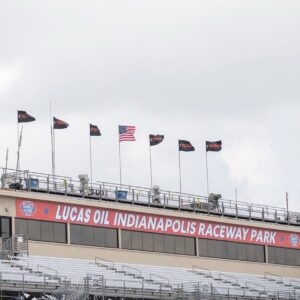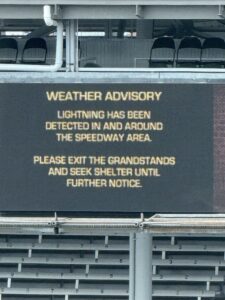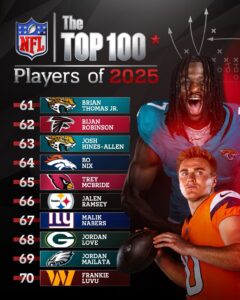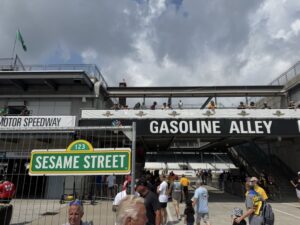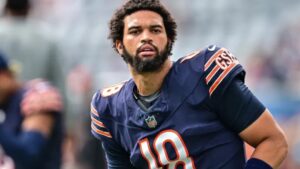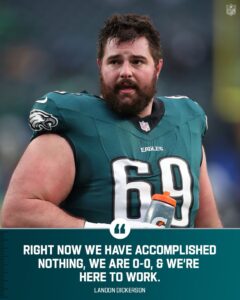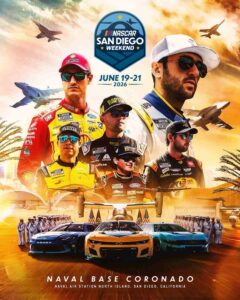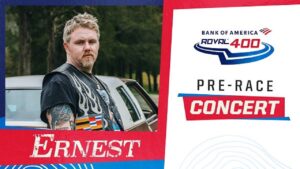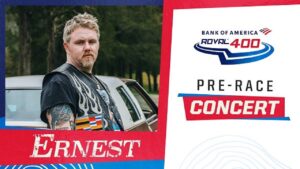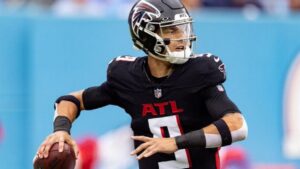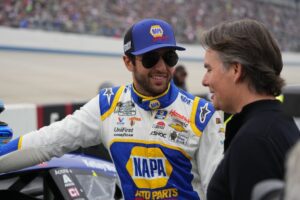For decades, NASCAR thrived on larger-than-life personalities who transcended the sport, becoming cultural icons. From the rugged charisma of Dale Earnhardt to the fiery determination of Tony Stewart and the unapologetic boldness of Kyle Busch, drivers once carried the sport on their shoulders, winning races while winning over fans. However, in today’s NASCAR landscape, the focus on corporate image and sponsor obligations has dulled the individuality that once made drivers unforgettable.
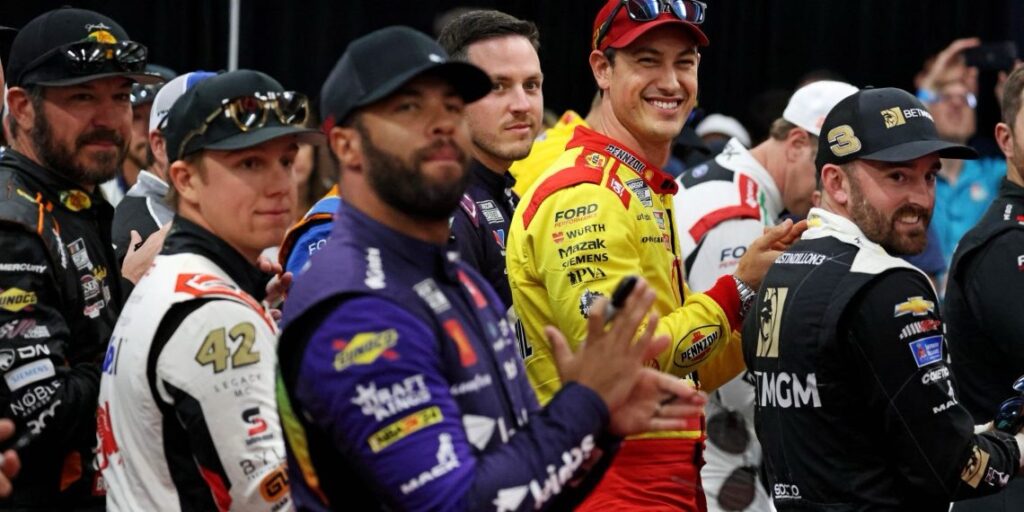
If NASCAR wants to recapture its star power, it’s time to let drivers be themselves again.
The Golden Age of Personality
In the 1980s, 1990s, and early 2000s, NASCAR’s growth was fueled not just by thrilling on-track competition, but by the drivers who gave fans a reason to tune in every weekend. Dale Earnhardt was “The Intimidator,” a blue-collar icon whose aggressive style earned respect and fear. Jeff Gordon was the clean-cut Californian who became the face of NASCAR’s mainstream expansion. Rusty Wallace, Darrell Waltrip, and others made headlines with candid quotes, rivalries, and unfiltered interviews that fans relished.
Personality wasn’t just a sideshow—it was part of the sport’s DNA. Drivers were authentic, relatable, and, at times, controversial. Fans didn’t just root for cars or teams; they rallied behind their heroes and villains.
The Corporate Shift
In recent years, NASCAR’s drivers have faced increasing pressure to prioritize sponsor-friendly behavior. With multi-million-dollar deals on the line, drivers are more cautious in what they say and do. Social media has only added to the scrutiny, as a single misstep can lead to widespread backlash and sponsor concerns.
While sponsor loyalty remains crucial to the sport’s survival, the result has been a field of drivers who seem more buttoned-up and guarded than ever before. The media-friendly, polished image has come at the cost of authenticity, leaving fans yearning for real personalities.
Even Kyle Busch, long regarded as NASCAR’s modern-day “bad boy,” has softened in recent years. Meanwhile, younger drivers like Chase Elliott and William Byron—while immensely talented—rarely step outside the lines, and their polished demeanor makes it harder for fans to feel deeply connected.
Why Personality Matters
NASCAR’s popularity has always been about more than just racing. The sport thrives when fans are emotionally invested, cheering their favorites and booing their villains. Rivalries, outbursts, and candid moments fuel storylines that stretch beyond the track.
Let’s face it—fans love seeing drivers express raw emotion. Think of Kevin Harvick confronting Greg Biffle at Bristol, Joey Logano and Denny Hamlin’s shoving match, or Ross Chastain’s infamous “Hail Melon” move at Martinsville. These are moments that ignite debates and attract headlines far beyond NASCAR’s core audience.
In other major sports like the NFL or NBA, individuality is celebrated. Players have freedom to showcase their style, talk trash, and interact with fans on their terms. NASCAR drivers need that same freedom.
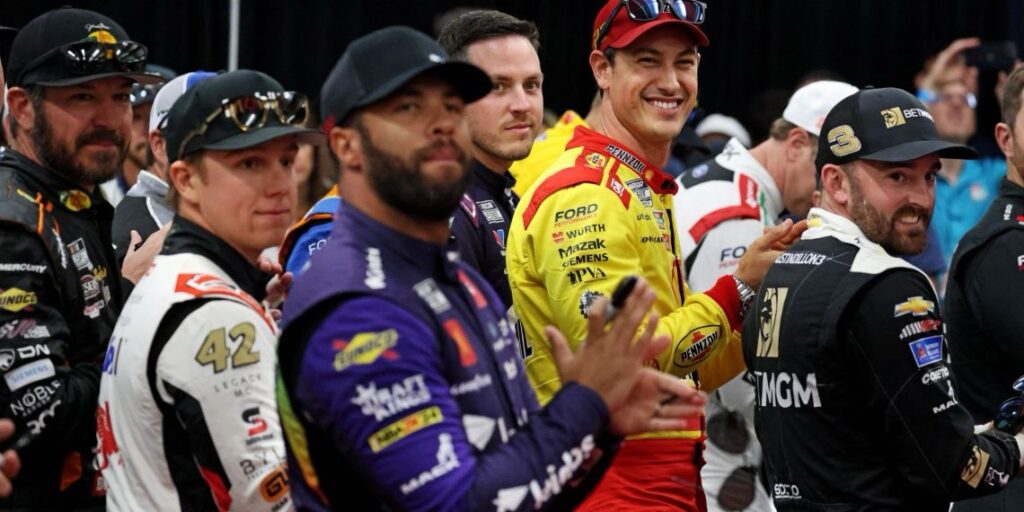
The New Generation Needs Freedom to Shine
NASCAR’s next wave of talent is filled with potential stars. Drivers like Ryan Blaney, Bubba Wallace, Tyler Reddick, and Noah Gragson bring charisma and relatability that can help grow the sport. But NASCAR must empower them to speak freely, show emotion, and embrace their individuality.
Take Noah Gragson, for instance. Love him or hate him, Gragson’s antics and unfiltered personality have earned him a loyal following. Bubba Wallace has become a
